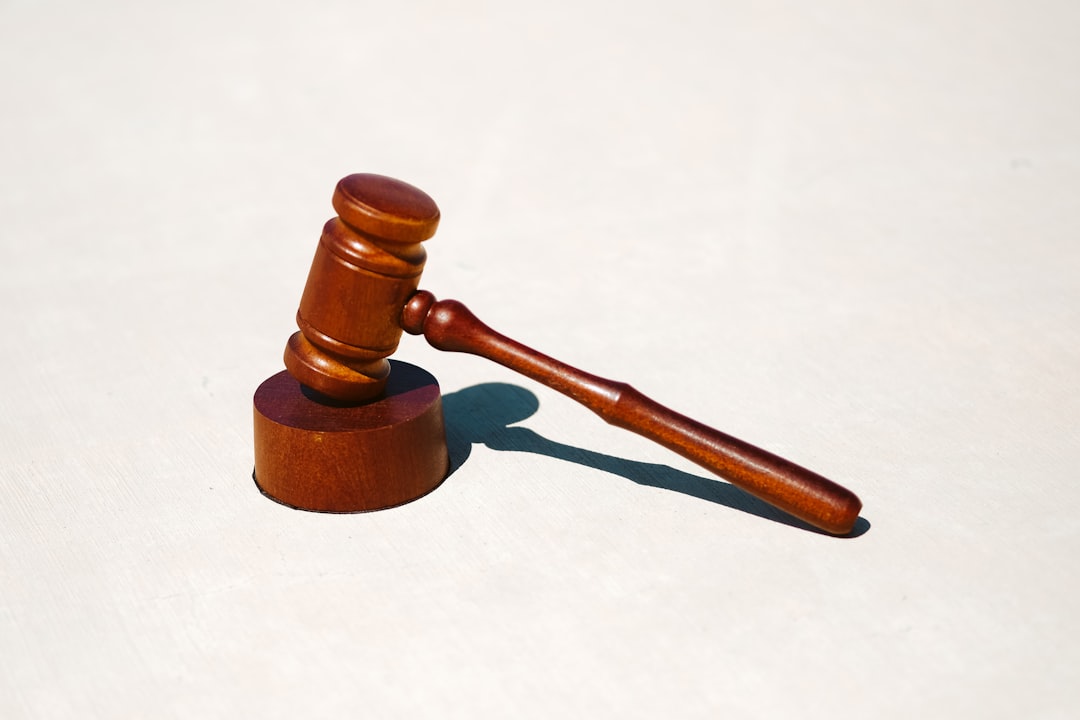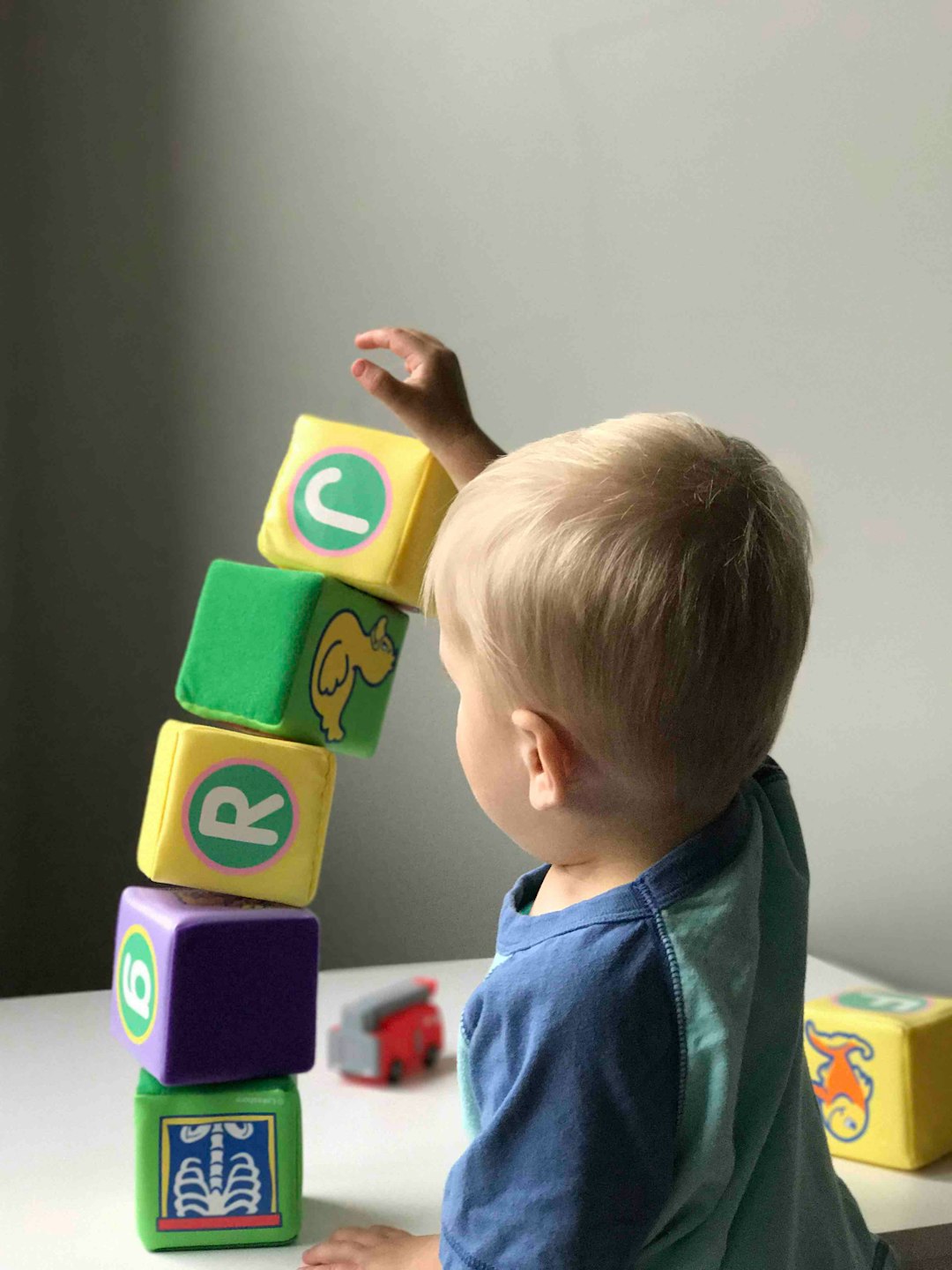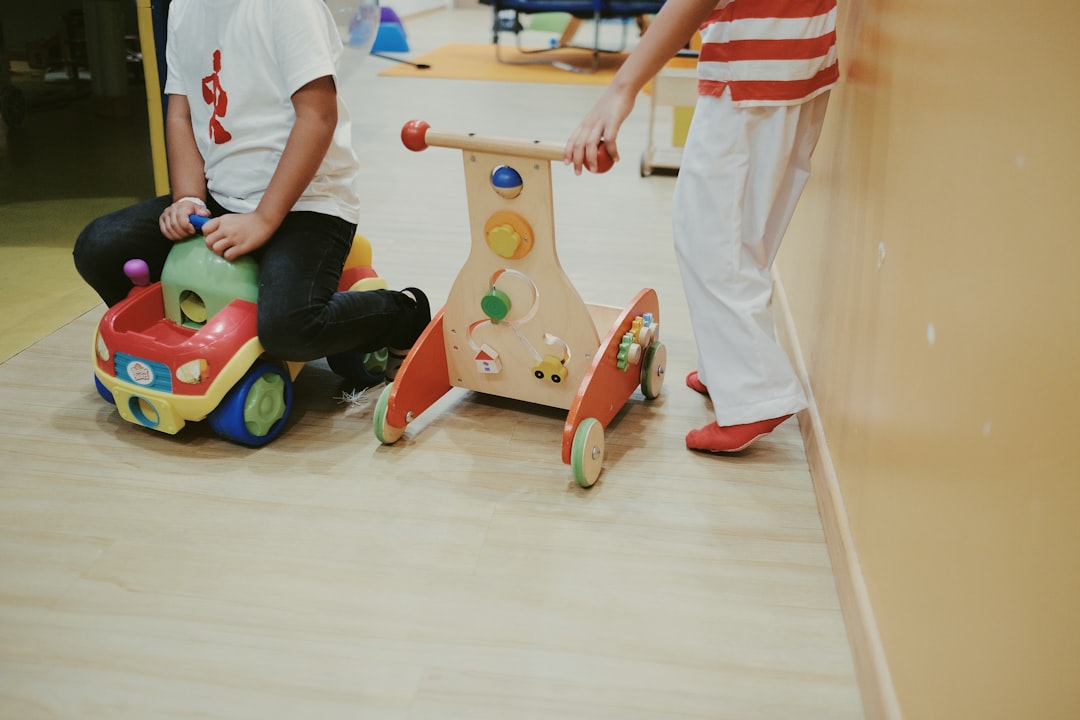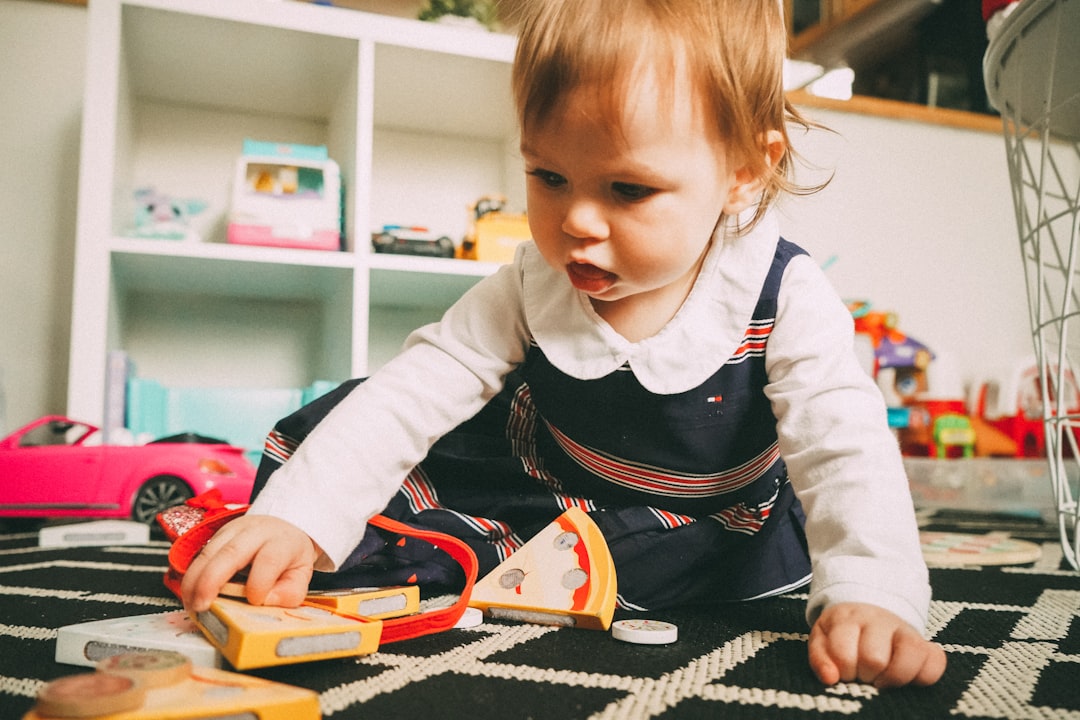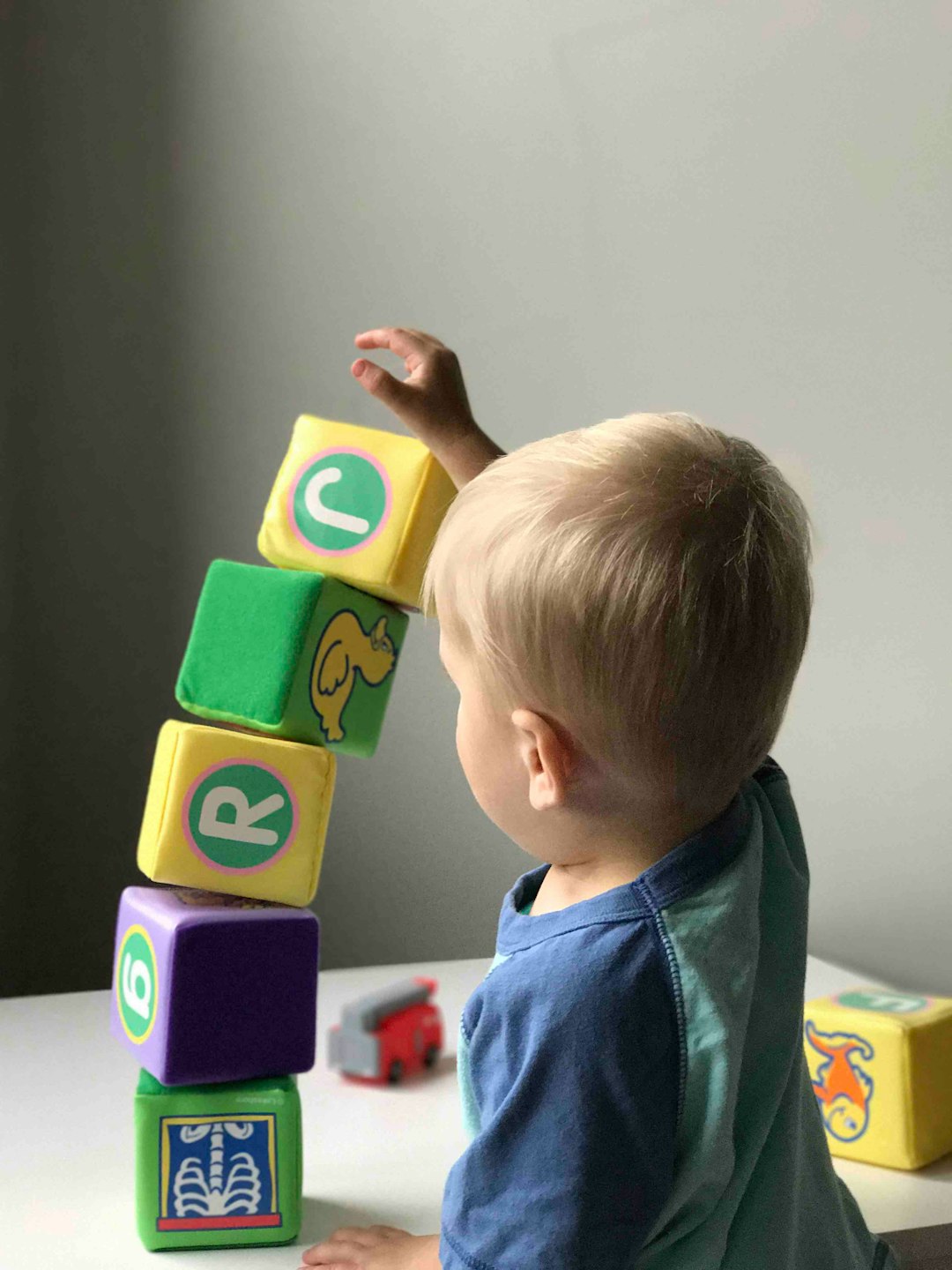Sexual Abuse law firms in Pennsylvania play a critical role in safeguarding children in childcare facilities by providing legal expertise on stringent licensing requirements. These regulations, enforced by DHS, aim to prevent sexual abuse by mandating thorough background checks, strict staff-to-child ratios, and mandatory reporting of suspected abuse. Regular inspections and audits ensure daycares maintain compliance, deterring predators and fostering a culture of safety essential for child well-being.
In Pennsylvania, understanding daycare licensing requirements is paramount for ensuring child safety. This article delves into the crucial role played by these regulations in preventing sexual abuse, a pressing concern for parents and legal advocates alike. We explore how strict licensing standards contribute to fostering a safer environment for children, highlighting the collective responsibility of caregivers, regulators, and Sexual Abuse law firms in Pennsylvania to safeguard our youngest citizens.
Understanding Daycare Licensing Requirements in Pennsylvania
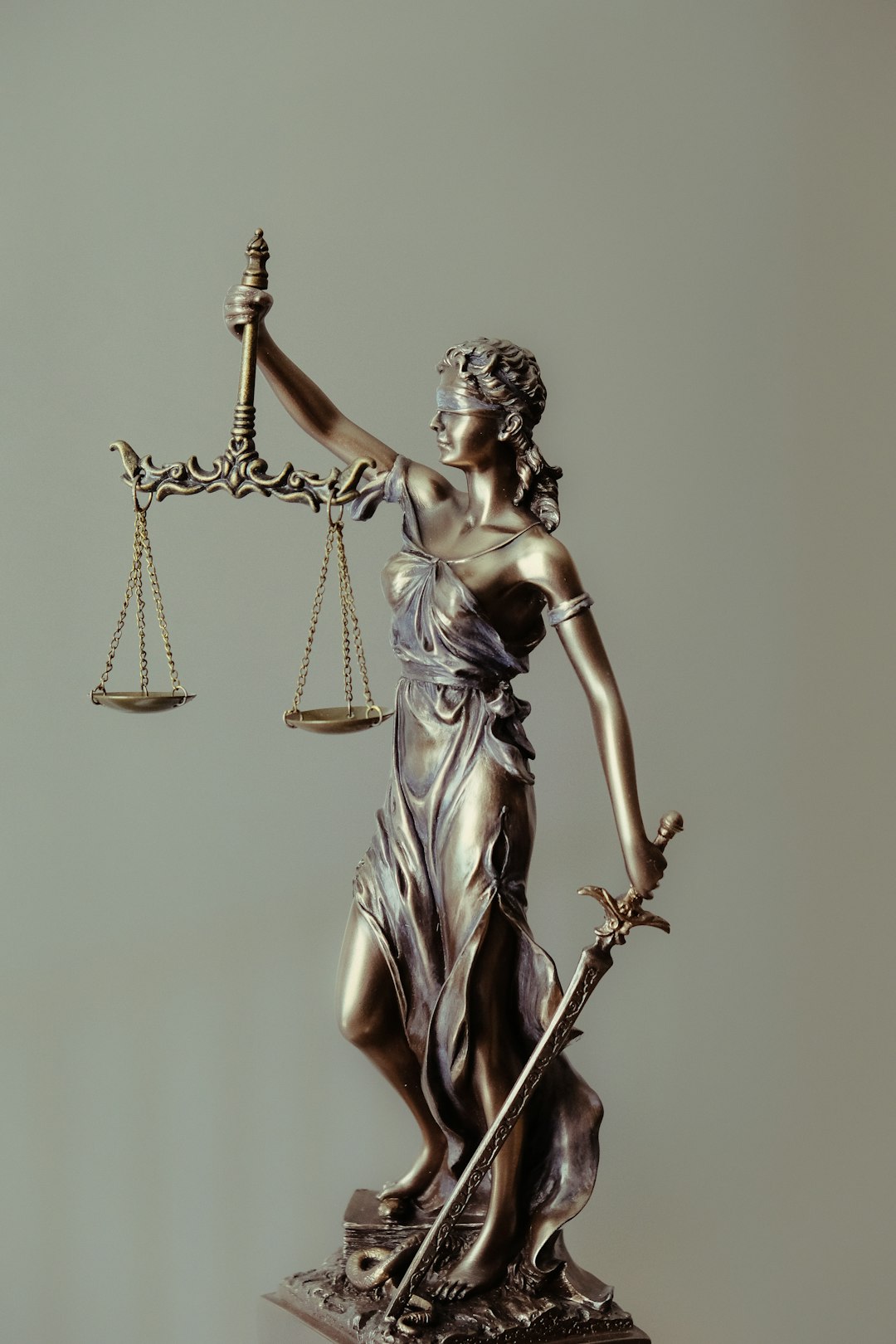
In Pennsylvania, understanding daycare licensing requirements is paramount for ensuring child safety. The state’s Department of Human Services (DHS) regulates childcare facilities through a comprehensive licensing system that sets standards for facility design, staffing ratios, curriculum, and health and safety protocols. These regulations aim to protect children from potential harm, including abuse and neglect. One critical aspect is the adherence to strict sexual abuse prevention laws, with requirements such as mandatory reporting of any suspected or observed instances of abuse or exploitation, and implementation of secure background checks for all staff and volunteers.
A Sexual Abuse law firm in Pennsylvania plays a crucial role in safeguarding children by offering legal guidance on these licensing rules and ensuring compliance. These firms assist daycare operators in navigating the complex regulatory landscape, helping them maintain their licenses while prioritizing child safety. By staying informed about updates to sexual abuse prevention policies, such as changes in reporting protocols or new background check mandates, daycares can effectively protect the vulnerable young minds under their care.
The Role of Licensing in Preventing Sexual Abuse
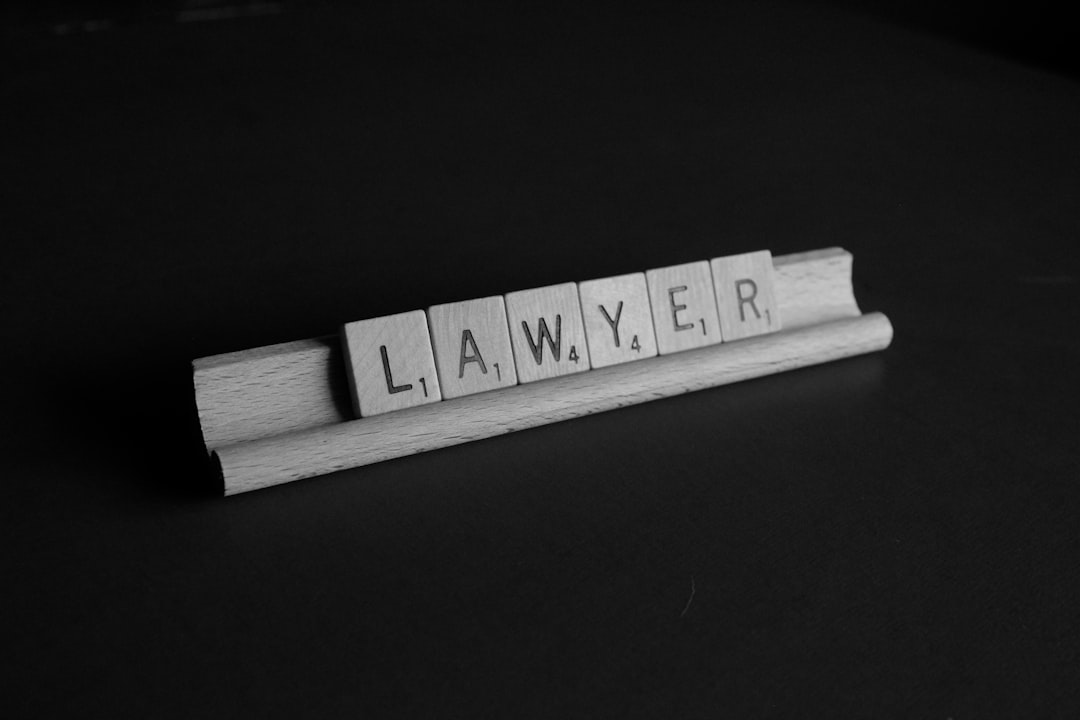
Licensing requirements play a pivotal role in maintaining child safety within daycare centers. One of the critical aspects is the prevention of sexual abuse, which can have lasting detrimental effects on young minds. Stricter licensing regulations and regular inspections ensure that facilities adhere to safety standards, including those related to staff-to-child ratios and background checks. These measures significantly reduce the risk of potential predators gaining access to children.
In Pennsylvania, a Sexual Abuse law firm highlights the importance of robust licensing systems in identifying and addressing red flags. By implementing comprehensive licensing requirements, authorities can deter individuals with malicious intentions from operating daycares. This proactive approach not only safeguards children but also holds accountable any individuals or institutions negligent in their duty of care.
How Licensing Standards Impact Child Safety and Well-being

Licensing standards play a pivotal role in ensuring child safety and well-being within daycare centers. These regulations are designed to create a safe, nurturing environment for children, protecting them from potential harm. By implementing strict criteria, authorities can monitor and maintain high-quality care, preventing incidents of abuse and neglect. Licensing requirements often cover various aspects, including staff-to-child ratios, education and training mandates, facility safety inspections, and policies on discipline and emergency procedures.
In Pennsylvania, where sexual abuse in daycare settings has been a concern, licensing laws have become even more stringent. A Sexual Abuse law firm in Pennsylvania would highlight the significance of these standards in deterring potential predators and ensuring children’s security. Regular audits and compliance checks help maintain accountability, allowing for swift intervention if any deviations from the set guidelines occur. Ultimately, these licensing requirements foster a culture of safety, promoting the overall development and resilience of young minds.
